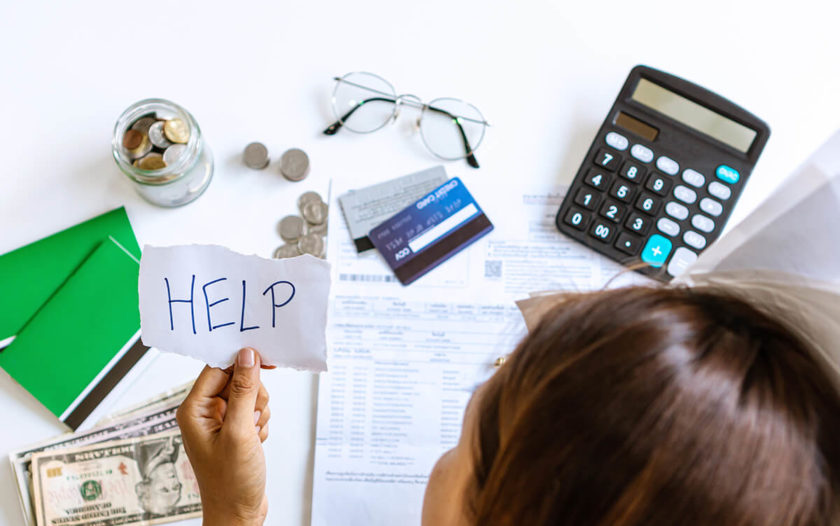Credit Cards for People with Bad Credit
About Casey
Casey is a reformed sports journalist tackling a new game of financial services writing. Mike Francesa once called her a “great girl.”
Read full bio
At a Glance
Credit cards for people with bad credit, generally falling in the 300 to 669 range, help rebuild credit. These types of cards typically have no annual fee or a very small annual fee. Some can even get you 1% cash back on purchases. Finding the right card is the best way to repair bad credit.
What you need to know when searching for a credit card with bad credit:
Secured Credit Cards
For most people with bad credit, the best place to start is a secured credit card. Secured credit cards are the easiest to get approved for. With this type of card, you make an initial deposit, which then serves as your credit limit. You generally need at least $200 for your refundable security deposit.
From there, secured cards are like regular credit cards. Some companies will even let you upgrade from a secured card to an unsecured card after a certain amount of time. Plus, you get your deposit back once you close the account.
Secured credit cards report information to the three major credit reporting companies-Equifax, Experian, and TransUnion-on a monthly basis, just like unsecured cards do.
Unsecured Credit Cards for People With Bad Credit
Unsecured credit cards don’t need a deposit. Without a deposit, though, it’s harder to get approved. Unsecured credit cards for people with bad credit also come with higher fees and lower spending limits. Unlike with a secured card, you can’t increase your credit limit just by spending more.
Business Credit Cards for People With Bad Credit
If you have bad credit, there are limited options for business credit cards. But, your business credit is separate from your personal credit.
It’s important to know who your business credit card reports to. Most report business activity to the business credit bureaus. But they may also report to the three major consumer credit reporting agencies. So, certain business cards can affect both your business and personal credit.
There are also some personal credit cards that small business owners can use. For those with bad credit, secured cards are the best way to go.
Applying for The Right Card for Your Score
Knowing your credit score is key to figuring out which card is best for you. You up your chances of getting approved for a card if it’s designed for your credit score range. Applying for a credit card triggers a hard inquiry on your credit report. Each of these inquiries temporarily dips your score, so continuously applying for a card and getting rejected can hurt your credit score.
What to Do If You Get Rejected
In the event that you do get rejected for a credit card, the first thing to do is figure out why. Review your credit score, your card application, and the notice you receive from your bank. Make sure everything is accurate and consistent.
After reviewing this information, you can ask for reconsideration if you think you have a case. If you’re rejected again, it may mean you need to work on your credit score before reapplying. There aren’t strict rules on when you’re safe to reapply, but four to six months is considered a good rule of thumb.









